The poppy maker: ‘I was very weak, very emotional and in a bad place when I started, but I’m back to my old self again now’
Wish Lloyd battled a traumatic childhood, the army, an athletics injury and homelessness to find his place at the Poppy Factory, making the poppies we wear every November.
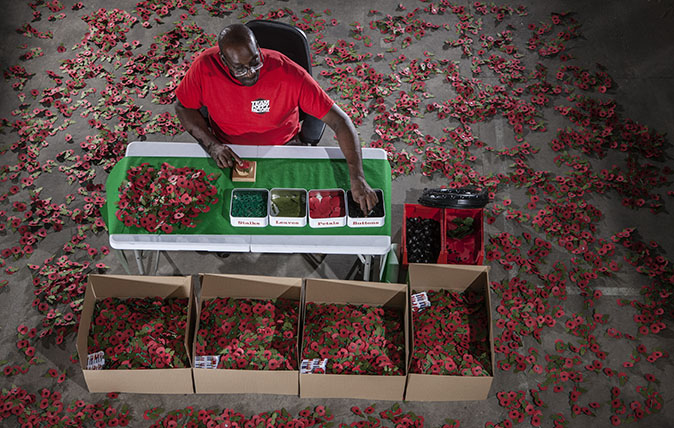
Wish Lloyd has the kind of life story that could be a novel. After a traumatic childhood in Peckham, he passed his army entry exams with top marks and found his way into the Royal Engineers. ‘I was this streetwise south London boy and, suddenly, I was doing all these different things,’ he reflects. ‘Handling explosives, stripping weapons down in the dark, driving heavy plant vehicles, orienteering and running.’
When he came out of the army, Mr Lloyd sprinted against great athletes such as Kriss Akabusi and Linford Christie, before injury brought his running career to a premature end. He then worked as a telecoms engineer, but, after 28 years in the job, life took another nosedive.
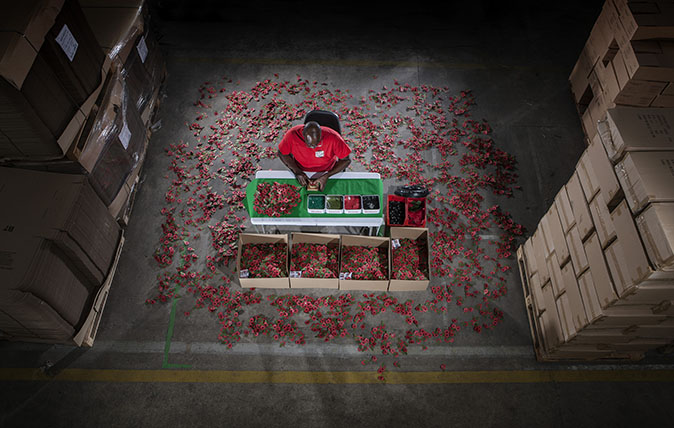
‘I lost my job and money was running low, it was coming up to Christmas, I was sleeping in my car and I couldn’t think how I was going to buy my daughter a present,’ he confesses.
Mr Lloyd’s girlfriend at the time put him in touch with Veterans Aid and STOLL, a charity that helps to house vulnerable veterans. STOLL told him about the Royal British Legion’s Poppy Factory, where he’s worked for the past year, alongside 30 other army veterans with physical and mental-health problems.
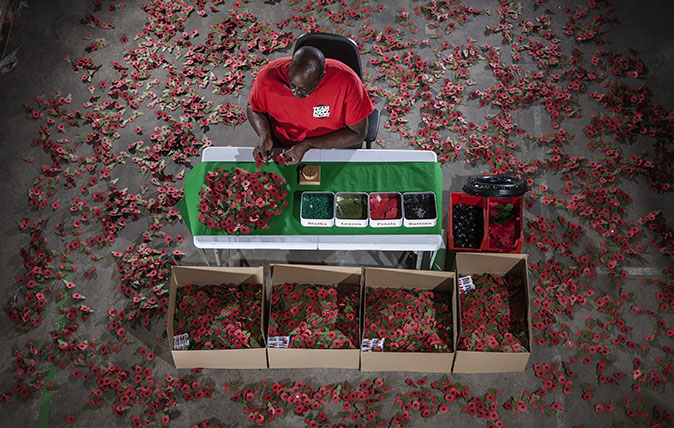
The factory’s main function is to produce wreaths and the poppies that we wear each November, while providing veterans with a stepping stone into the workplace.
‘I was very weak, very emotional and in a bad place when I started, but I’m back to my old self again now,’ divulges Mr Lloyd, who’s due to have major heart surgery later this year. ‘Everyone at the factory has supported me and I feel as if I’ve been given a second chance.’
The Poppy Factory was founded in 1922 to offer employment opportunities to wounded soldiers returning from the First World War, creating remembrance products for the Royal Family and The Royal British Legion’s annual Poppy Appeal. It provides employment support to disabled veterans across England and Wales. The factory makes approximately 36 million poppies each year. To find out more about the poppy factory, visit www.poppyfactory.org.
Exquisite houses, the beauty of Nature, and how to get the most from your life, straight to your inbox.
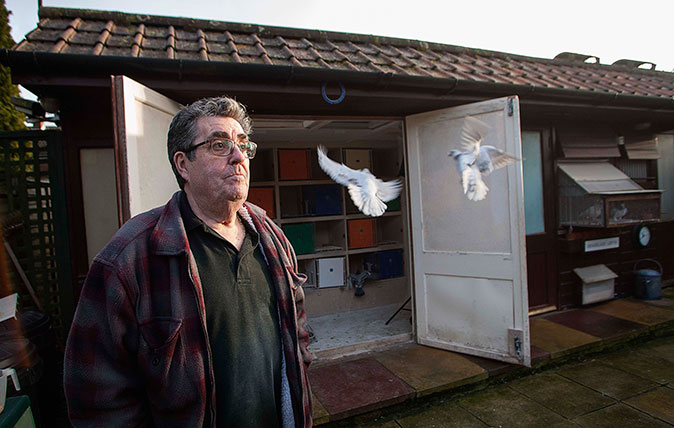
Credit: ©Richard Cannon/Country Life Picture Library
The Pigeon Fancier: 'I set up a deckchair in the garden and wait for them to come back. That’s the most exciting part.'
This week’s Living National Treasure is Colin Hill, a pigeon fancier whose birds regularly race from the tip of Scotland
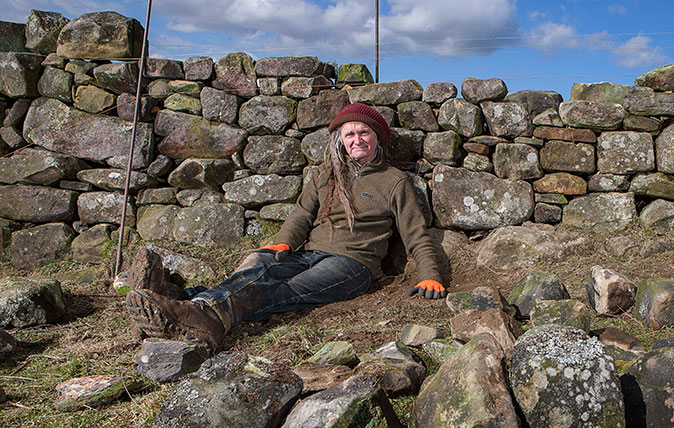
The dry stone wall builder: 'Every metre of wall contains a ton of stone. You really feel it after a hard week.'
This week's Living National Treasure is Anthony Gorman, a man who has spent his life building beautiful walls by hand
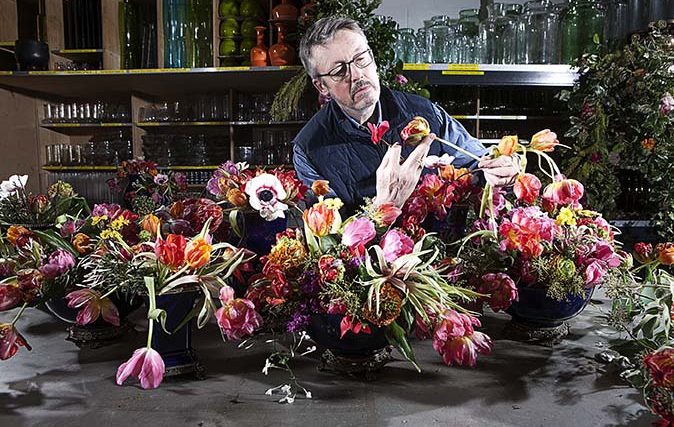
The Florist: 'What I do is like good cooking – if you have beautiful ingredients, you can’t go wrong'
This week's Living National Treasure is royal florist Shane Connolly – and while he might be based in Britain, he's
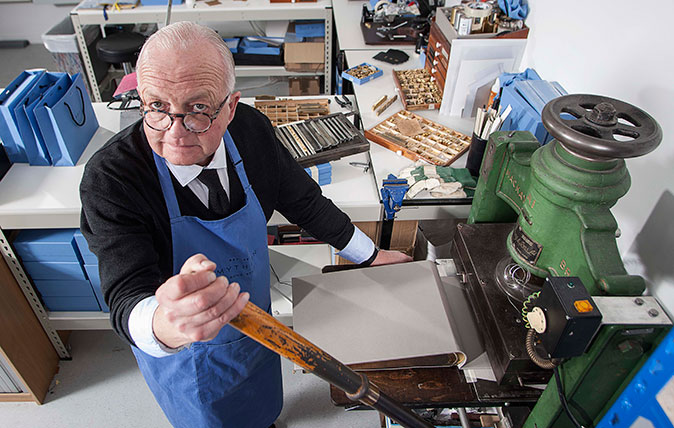
The gold stamper: ‘The younger generation is very appreciative of artisan work – they’re the ones driving the trend’
This week's Living National Treasure is John Timms, the man who leads the team that stamps gold lettering into thousands

The neon sign maker: 'Piccadilly Circus was our answer to Vegas – now it's all pixellated screens'
This week's Living National Treasure is Marcus Bracey, the man behind the neon signs that light up our cities. He
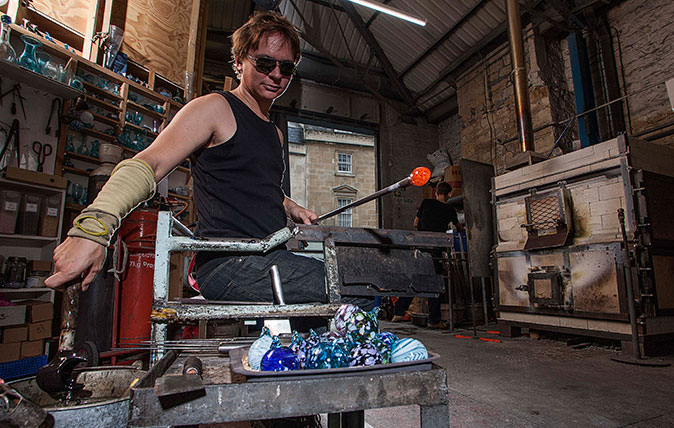
Credit: Living National Treasure: The Glassblower - ©Country Life/Richard Cannon
The Glassblower: 'When something goes wrong you can't fix it – you just sling in into the bosh bucket and start again'
Ian Shearman's team of glassblowers are still making glass using a technique that's 2,000 years old. Mary Miers found out